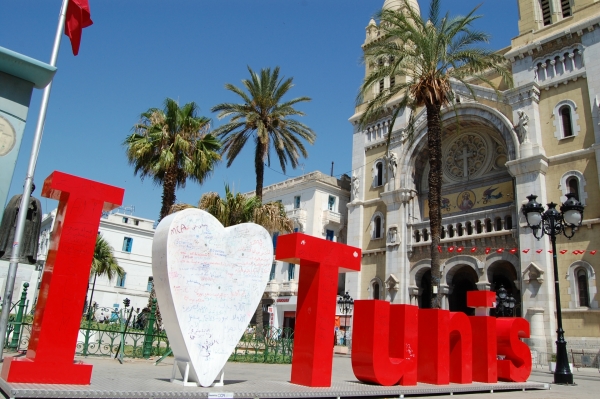
Vasja BADALIČ
The overall objective of the secondment at FTDES is to analyze migration policies in Tunisia and compare them with migration policies in selected Middle Eastern countries. This study addresses the issue of the convergence of criminal law and migration law (i.e. crimmigration law) and explores how the criminalisation of irregular migration affects human rights. It shows how crimmigration laws negatively impact third-world country nationals seeking access to the European Union (EU) in order to advocate for international protection.
The study is divided into four parts:
[]- an examination of migration laws in order to identify how the Tunisian authorities criminalized irregular migration and the facilitation of irregular migration. The analysis demonstrates how Tunisian crimmigration laws and policies created circumstances that precipitated the violation of migrants’ human rights, and particularly those of asylum seekers;
[]- comparison of Tunisian migration laws with migrations laws of a selection of Middle Eastern countries (e.g. Turkey, Lebanon, Jordan);
[]- analysis of the role of the EU and international organisations (e.g. UNHCR) in establishing anti-migration policies in Tunisia. Examination of the mechanisms used by the EU to exert pressure on the Tunisian authorities to prevent asylum seekers from North Africa from reaching EU territory;
[]- Interviews of refugees/migrants and experts on migration in Tunisia in order to examine the current state of migration control.
